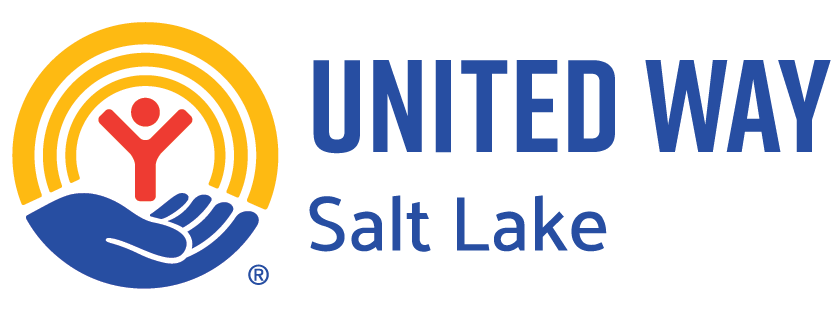The 2025 General Session is poised to be a busy one, with many opportunities to bring about systemic changes that benefit children and families. Now more than ever, we need to stay vigilant in protecting the gains we have made over the years to improve education, family financial stability, health, and immigrant and refugee integration. Here are the proactive priorities we will be working on this session.
211 Utah
211 Utah, operated by the three United Ways in Utah, is the state’s health and human services information, referral, and service navigation system. With an extensive database of 10,000 services and 3,000 organizations, 211 Utah connects individuals to vital services. Service providers and people in need can access the database on our website, through an app, via online chat, and on the phone where specially–trained Service Navigators provide assistance in multiple languages.
Through years of experience, 211 Utah has been building more effective ways to help Utahns get the help they need. We are shifting to provide more than just a single-entry point for social services; we’re providing hands-on service navigation, following through with people to make sure they get the help they’re seeking. Service Navigators help guide people through the complex social care system and work with them to overcome barriers to getting help. When we stick with people and develop a deeper, longer-lasting relationship with them, we see a 100% increase in people getting the help they need to achieve stability and move toward self-sufficiency.
To keep up with Utah’s growth and enhance our effective service navigation, this session we are seeking $1.35 million in ongoing support.
High-Quality Preschool (School Readiness)
An essential part of student success in school is creating a strong foundation during the formative first five years. Over the last two decades, United Way has been a champion for early childhood education and has worked tirelessly to create opportunities for every child to thrive. We have had some amazing wins with your help, including passing full-day kindergarten, but our work is not done. Around 60% of low-income children in Utah are not “kindergarten ready” in literacy standards when they start school.
Today only $6 million in state dollars and $6 million in federal funds go into Utah’s small, targeted, high-quality school readiness program. Last year there were over $24 million in requests by high–quality providers to serve Utah’s most vulnerable students, yet only $12 million to distribute.
This year we are advocating for a $5 million increase to the high-quality school readiness program. You can read more here.
Public Education
As with every session, there will be hundreds of bills impacting public education. In Utah, 96% of students are enrolled in our public education system. We know that for every student to be successful, parents, schools, communities, and programs must work together to support the unique needs of each student. We want 100% of Utah students to graduate from high school, and are working to remove additional barriers that prevent students living poverty from reaching their full potential.
There will be some exciting opportunities this session and in the future for us to work together to ensure we are meeting the unique needs of every student and ensuring they all have the tools they need to succeed in school and life.
Childcare Access and Affordability
Childcare continues to be a top priority this session. We know families struggle to afford quality care, providers struggle to retain staff and keep their doors open, and children deserve safe, developmentally appropriate places to be while their parents work. This year we are supporting efforts to ensure child safety when a child is not in the care of their parents by reinstating the safeguards Utah had with adult–to–child ratios and essential checks and balances.
We are also advocating to stabilize the workforce by funding the expansion of the childcare subsidy to children with parents working in the childcare sector, regardless of income. This bill passed last year but has not been implemented due to a lack of funding.
Child Tax Credit
Utah is one of the few states that have a state child tax credit (CTC). We know that enhanced, targeted financial support for working families through tax credits can substantially improve the well-being of children, leading to better educational and health outcomes and increased future economic prospects for a family and/or child. Utah’s current CTC is built on a sliding scale, is non-refundable, and is only eligible to families with children ages 1-4 years old. This means only 1.4% of households and 4.3% of children in Utah will benefit from the state’s current CTC. The Governor has proposed adding infants younger than 1 year old to be eligible for the CTC this year.
Maintaining our position from last year, we are advocating that the CTC must be refundable and cover children from zero to at least 5 years old to have a larger impact on families and children. This increase would impact 7.2% of households and 21.7% of children.
We hope you’ll join us on the Hill this session to encourage your legislators to put families first by supporting these critical issues and continuing to build on investments made in recent years. If you haven’t already, sign up for our Action Alert emails to stay up-to-date on our advocacy efforts throughout the session.
Written by Elizabeth Garbe, Vice President of Public Policy.


